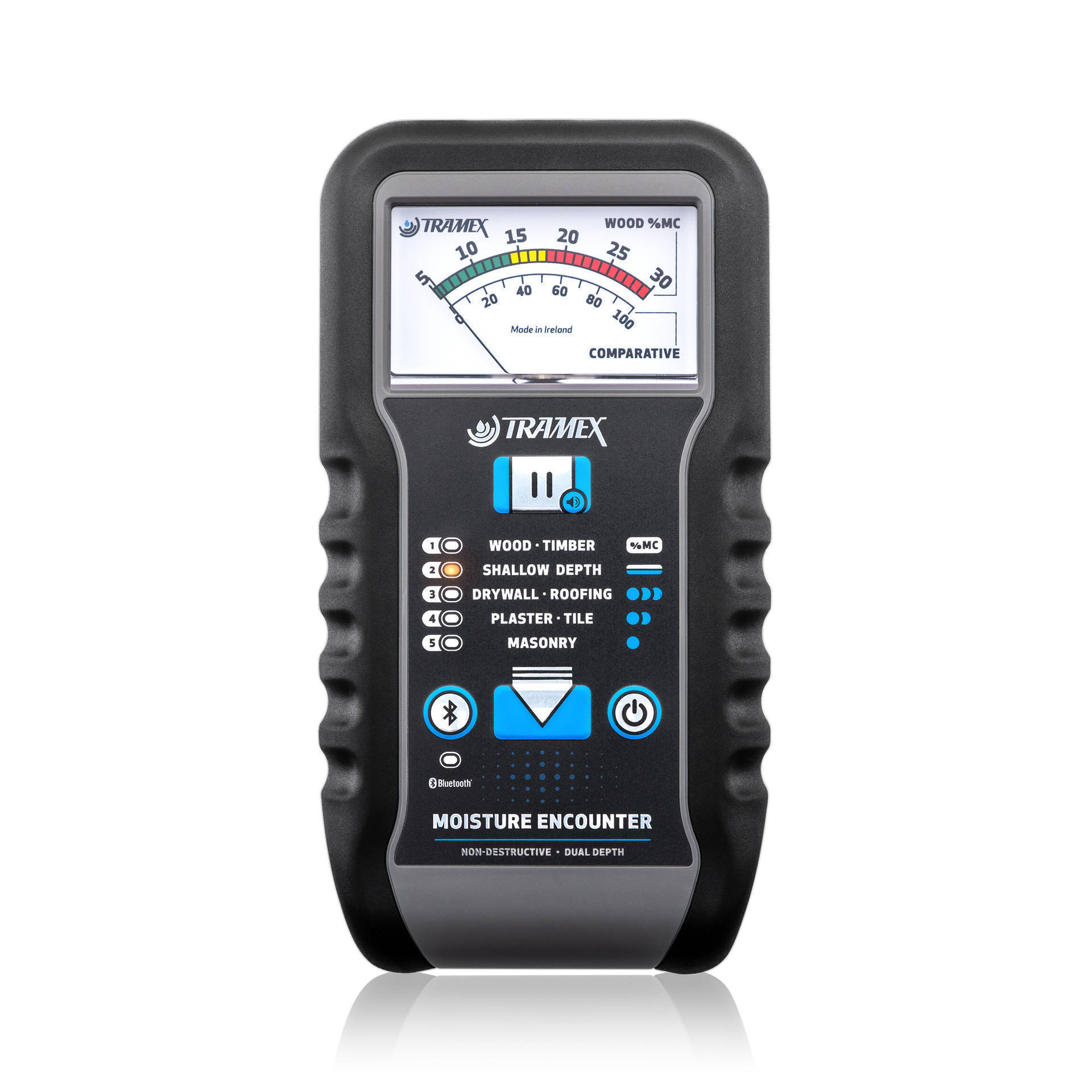The Ultimate Overview to Moisture Meters: A Comprehensive Overview and Just How They Can Save You Money
Dampness meters serve as indispensable devices in detecting and checking moisture material in products, aiding in protecting against costly problems and making certain the high quality of items. Recognizing the nuances of various kinds of wetness meters, their applications, and the possible cost-saving benefits they provide can be a game-changer for specialists and businesses alike.
Kinds of Dampness Meters
One usual kind is the pin-type wetness meter, which determines the electrical resistance between two pins inserted into a product. Pinless dampness meters, on the various other hand, usage electro-magnetic sensing unit plates to scan a larger area without causing damage to the material's surface area.

Moreover, there are also specialty moisture meters made for details products like grain, dirt, or hay. These meters give accurate moisture readings customized to the special residential or commercial properties of the material being evaluated. Infrared wetness meters determine the thermal residential properties of a material to determine its moisture web content non-invasively, making them beneficial for applications where pin or pinless meters may not be suitable. Comprehending the different kinds of moisture meters readily available can aid markets pick one of the most suitable device for their particular dampness measurement needs.

Advantages of Utilizing Dampness Meters
Wetness meters use very useful advantages in accurately monitoring and assessing wetness levels in varied products and environments. One of the main advantages of making use of dampness meters is the avoidance of possible damages created by excess wetness.
Additionally, making use of moisture meters can lead to boosted energy effectiveness. In farming settings, wetness meters play an essential duty in optimizing crop returns by enabling farmers to keep an eye on dirt moisture degrees and make educated irrigation decisions.
Just How to Choose the Right Moisture Meter
When choosing a wetness meter, it's important to ensure that the meter is appropriate for the certain material you will be screening. Different materials have differing electric homes that can influence dampness analyses, so picking a meter made for your material is important for accurate results. By carefully evaluating these variables, you can pick a dampness meter that fulfills your demands and provides exact moisture measurements for your tasks.
Proper Techniques for Moisture Meter Use

Cost Savings With Wetness Meter Applications
How can the calculated use of wetness meters lead to considerable expense savings across numerous sectors? In the farming sector, dampness meters help in determining the optimum time for gathering plants, stopping excess or over-drying wetness that can impact the last item's quality.
Similarly, in building, dampness meters assist prevent pricey damages by detecting wetness degrees in building products, such as wood or concrete, which can bring about structural problems otherwise attended to without delay. By identifying trouble More hints locations early, contractors can take corrective steps to avoid considerable repair work or substitutes, ultimately saving time and cash.
Additionally, in the food processing market, moisture meters are important for monitoring product high quality and guaranteeing compliance with safety guidelines. By precisely determining moisture web content in foodstuff, makers can prevent putridity, keep freshness, and decrease waste, causing considerable cost savings. In general, the tactical application of wetness meters is a valuable financial investment that can result in considerable cost reductions and enhanced performance across numerous markets.
Conclusion
Finally, wetness meters are useful devices for measuring and identifying dampness degrees in numerous materials. By utilizing the ideal wetness meter and adhering to correct strategies, individuals can properly avoid pricey damages caused by excess dampness. Purchasing a top quality moisture meter can bring about significant price financial savings in the lengthy run by recognizing prospective problems early on and making it possible for prompt removal. Ultimately, dampness meters are necessary instruments for preserving the integrity and long life of products and frameworks.
Wetness meters serve as important tools in discovering and keeping an eye on moisture material in products, aiding more information in stopping expensive problems and making sure the quality of products. Infrared wetness meters measure the thermal properties of a product to identify its moisture material non-invasively, making them helpful for applications where pin or pinless meters might not be ideal.Dampness meters use very useful benefits in accurately evaluating and monitoring wetness degrees in varied products and environments. In agricultural setups, dampness meters play an important role in maximizing plant returns by making it possible for farmers to keep an eye on dirt wetness levels and make informed irrigation decisions.In final thought, wetness meters are important tools for gauging and identifying dampness degrees in numerous products.